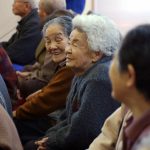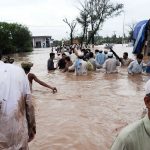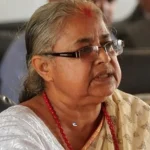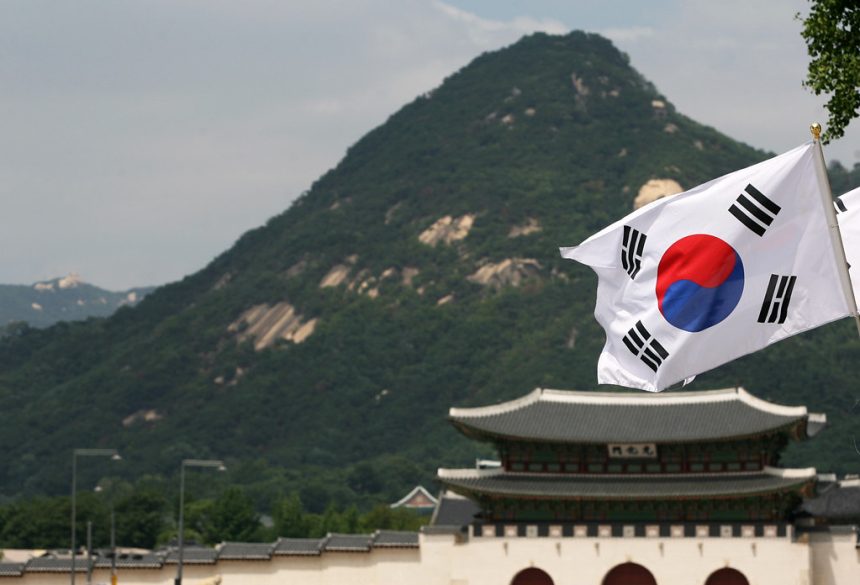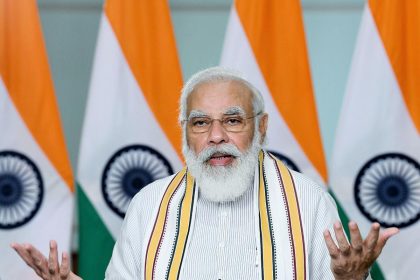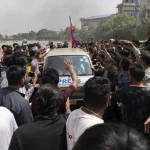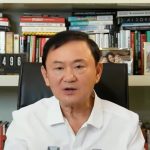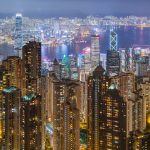Parliament Moves to Insulate Democracy
On July 3, 2025, South Korea’s National Assembly passed urgent amendments to the Martial Law Act. These changes explicitly bar the military or police from entering the Assembly without prior approval from the Assembly Speaker and prohibit any attempt to block lawmakers from accessing parliament—responses to last December’s unprecedented crisis.
What Triggered the Reform
The revisions follow the December 2024 incident when ousted President Yoon Suk Yeol declared martial law amidst a power struggle with the opposition-led Assembly. Troops and riot police cordoned off the Assembly, prompting lawmakers to scale walls and force their way in. That impromptu session successfully voted to revoke martial law after just six hours.
Blocking Force from the Legislature
Key provisions of the reform include:
- No blocking of lawmakers—entry to the National Assembly cannot be obstructed during martial law.
- Military/police ban—security forces cannot cross into legislative premises without the Speaker’s green light.
These protections are designed to preserve legislative sovereignty, ensuring elected officials cannot be sidelined during crises.
Rooted in a Broader Governance Debate
This amendment echoes other calls for constitutional redress. Earlier this year, presidential hopefuls—including powerfully elected President Lee Jae‑myung—suggested stricter limits on martial law, with measures like mandatory parliamentary approval within 24 hours.
By swiftly enacting this amendment, lawmakers are delivering on post‑martial law promises to rein in executive powers.
A Shift Toward Democratic Resilience
New President Lee, who won the June snap election capitalizing on the crisis, has championed a less confrontational leadership style—pledging unity and parliamentary respect. Lee’s administration will also be supported by Prime Minister Kim Min‑seok, confirmed today—one of the first legislative acts following the amendment.
What Lies Ahead
- Potential constitutional review: Lawmakers may pursue deeper reforms, strengthening democratic safeguards.
- Executive accountability: Future martial law declarations will likely face immediate legal challenges.
- Restoring trust: President Lee’s administration continues efforts to rebuild public confidence after the crisis.
Final Take
South Korea’s martial law revisions mark a decisive shift to prevent executive overreach and safeguard democratic norms. By ensuring the legislature remains accessible—even during emergencies—Seoul is reinforcing the resilience of its post‑dictatorship democracy. The political reset also signals a new chapter under President Lee’s leadership.


